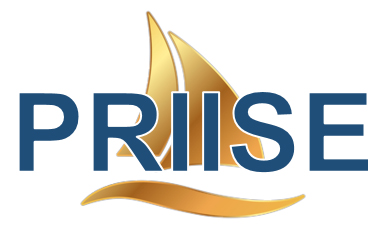
By Derek T. Dangerfield II, PhD
At the 2025 Conference on Retroviruses and Opportunistic Infections (CROI), I presented our research on recruitment strategies to obtain a digital cohort of 1,000 Black sexual minority men (SMM) living with HIV. Our study identified effective ways to engage this population, particularly those with suboptimal HIV care outcomes, through targeted digital advertising, community-based partnerships, and social networks.
One of the standout findings was that the geosocial networking app Jack’d was highly effective at reaching younger Black SMM and those with suboptimal HIV care outcomes, including treatment nonadherence and detectable viral loads. This is crucial to highlight as it emphasizes the importance of leveraging digital platforms to engage populations disproportionately affected by HIV but often missed by traditional outreach methods. However, it also brings to light ethical considerations about the medicalization of social spaces frequented by Black gay men, raising questions about privacy, autonomy, and the balance between outreach and intrusion.
Although geosocial networking apps provide a unique opportunity to reach individuals who might not engage with conventional healthcare settings, their use as a recruitment tool also raises ethical questions regarding how public health initiatives intersect with personal and social interactions. For many Black gay men, these platforms serve as spaces for community-building, dating, and self-expression—realms where they can exist outside of the clinical/research gaze. Introducing research messaging into these spaces could be perceived as intrusive or reinforcing the harmful conflation of Black queer identity with HIV.
Moreover, there is a risk that recruitment efforts in these digital spaces could unintentionally stigmatize users, making them feel targeted or surveilled rather than supported. If public health studies and interventions are not implemented thoughtfully, they can contribute to a sense of hypervisibility around HIV in Black queer communities, further exacerbating research mistrust. To navigate these ethical concerns, recruitment strategies must be designed in ways that affirm agency, protect privacy, and center the experiences of those being engaged. Ultimately, although digital platforms like Jack’d offer a valuable gateway for engagement, their use in HIV research and intervention efforts must be approached with sensitivity, transparency, and an understanding of the historical and social contexts in which Black SMM navigate their identities and health.
I appreciated the opportunity to share our work at CROI 2025 and the rich discussions that followed. These insights will continue to inform our research and contribute to effective public health strategies for the community.
